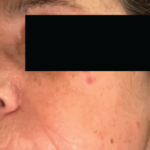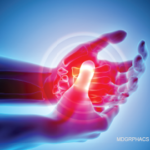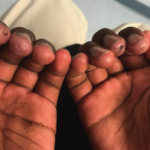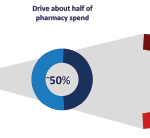Over the past 18 months, the ACR’s Quality of Care (QOC) Committee has helped produce an impressive number of resources that will help rheumatologists deliver the best possible care. Working through specific projects supervised under its Criteria, Guideline, Guidance, and Quality Measure subcommittees, the QOC Committee has developed new sets of disease criteria, clinical guidelines,…









